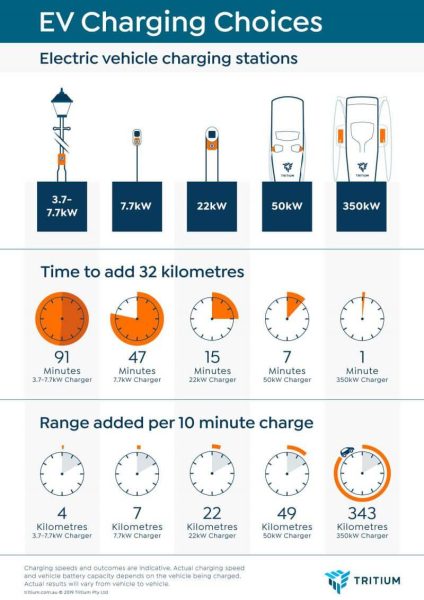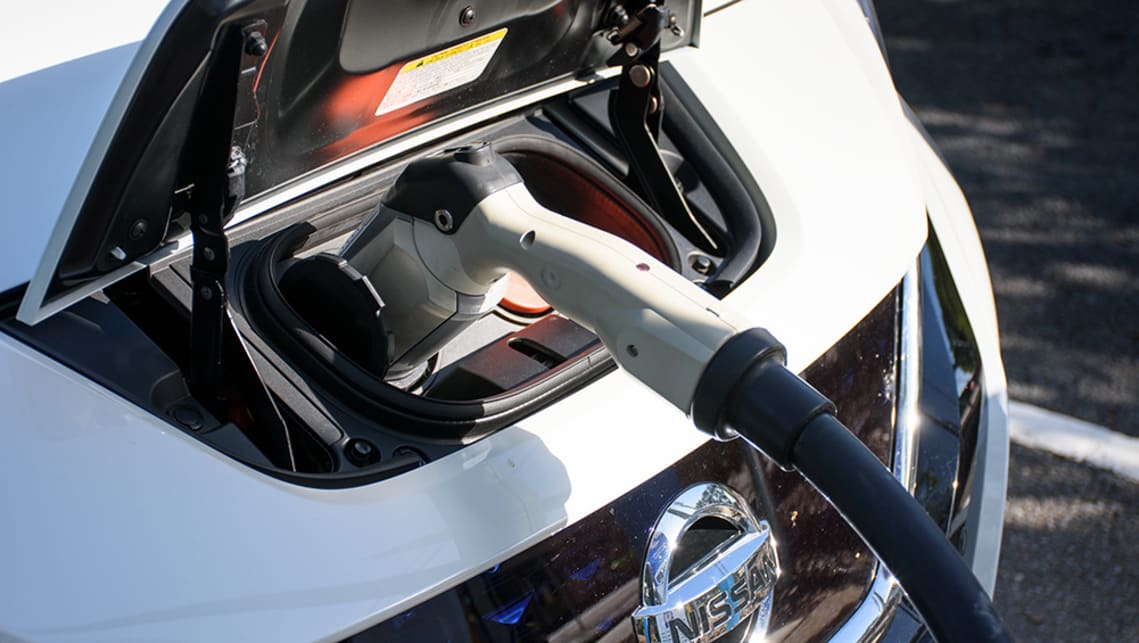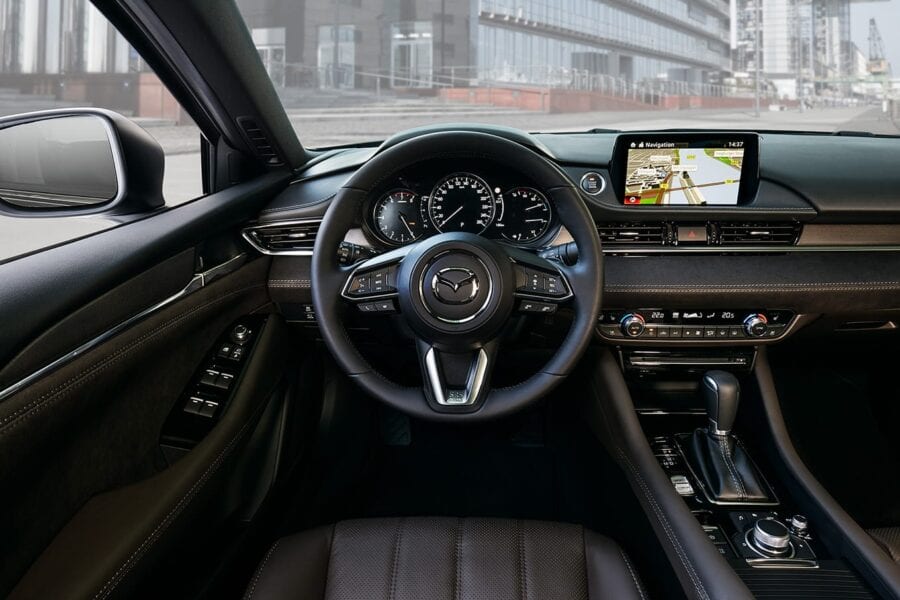
How long does it take to charge an electric vehicle?

Charging a Nissan Leaf from zero to full can take up to 24 hours using standard power in your home.
No matter who you are or where you live, the first question anyone who is about to plunge into the electrified waters of owning an electric car asks is always the same; how long does it take to charge an electric car? (Next, Tesla, please?)
I'm afraid the answer is complex, as it depends on the vehicle and the charging infrastructure, but the short answer is; not as long as you might think, and that figure is dropping all the time. Also, as most people tend to think, it's unlikely that you'll have to charge it every day, but that's another story.
The easiest way to explain all this is to study these two elements - what kind of car you have and what kind of charging station you will use - separately, so that all the facts are at your fingertips.
What type of car do you have?
There are only a handful of purely electric vehicles currently on sale in Australia, including products from Tesla, Nissan, BMW, Renault, Jaguar and Hyundai. While this number will of course grow with the advent of Audi, Mercedes-Benz, Kia and others, political pressure will increase to increase the number of electric vehicles on our roads.
Each of these brands lists different charging times (largely dependent on the size of each vehicle's battery packs).
Nissan says it can take up to 24 hours to charge your Leaf from zero to full using standard power in your home, but if you invest in a dedicated 7kW home charger, the recharge time drops to around 7.5 hours. If you use a fast charger, you can charge your battery from 20 percent to 80 percent in about an hour. But we'll get back to charger types shortly.
Then there's Tesla; the brand that made electric cars cool measures charging times on a scale of distance per hour. So for the Model 3, you'll get about 48 miles of range for every hour of charging your car is plugged into the grid at home. A Tesla wall box or a portable blower will of course cut that time down considerably.
Meet Jaguar with its i-Pace SUV. The British brand (the first traditional premium brand to get an electric car up to the mark) is claiming a recharge speed of 11 km per hour using home powered. Bad news? That's about 43 hours for a full charge, which seems staggeringly impractical. Installing a dedicated home charger (which most owners will have) pushes that to 35 mph.
Finally, we'll take a look at the just-released Hyundai Kona Electric. The brand says it takes nine hours and 80 minutes to go from zero to 35 percent with a home wall box, or 75 minutes with a fast charging station. Connected to the power grid at home? It will be 28 hours to fully charge the battery.
How long do batteries last in an electric car? The sad truth is that they start to degrade, albeit slowly, from the first charge, but most manufacturers offer an eight-year battery warranty if something goes wrong.
What electric car charger do you use?
Ah, this is the part that really matters, as the type of charger you use to power your EV can cut your travel time to a fraction of what you'd spend if you were only charging from the mains.
While it's true that most people think they'll charge their car at home by simply plugging it in when they get home from work, it's actually the slowest way to pump up batteries.
The most common alternative is to invest in a home's "wall box" infrastructure, whether from the manufacturer itself or through an aftermarket provider such as Jet Charge, which boosts the fast flow of power into the car, typically up to about 7.5kW.
The most well-known solution is the Tesla wall box, which can increase the power output to 19.2kW - enough to charge 71km per hour for the Model 3, 55km for the Model S and 48km for the Model X.
But just like with a combustion engine car, you can still recharge on the road, and when you do, you don't want to spend most of the day glued to a power outlet. Then enter the fast charging stations, which are specially designed to get you on the road as quickly as possible using a power flow of 50 or 100 kW.
Again, the best known of these are the Tesla superchargers, which have begun to be gradually introduced on the freeways and in cities on the east coast of Australia, and which charge your battery to 80 percent in about 30 minutes. They were once (incredibly) free to use, but that will last for a very long time.
There are other options, of course. In particular, the NRMA has begun rolling out a free network of 40 fast charging stations across Australia. Or Chargefox, which is in the process of installing "ultra-fast" charging stations in Australia, promising 150 to 350 kW of power that can provide about 400 km of driving in 15 minutes.
Porsche is also planning to launch its own chargers around the world, which are cleverly called turbochargers.
How long does it take to charge an electric car? What do you think is a reasonable charging time in hours? Tell us in the comments below.
